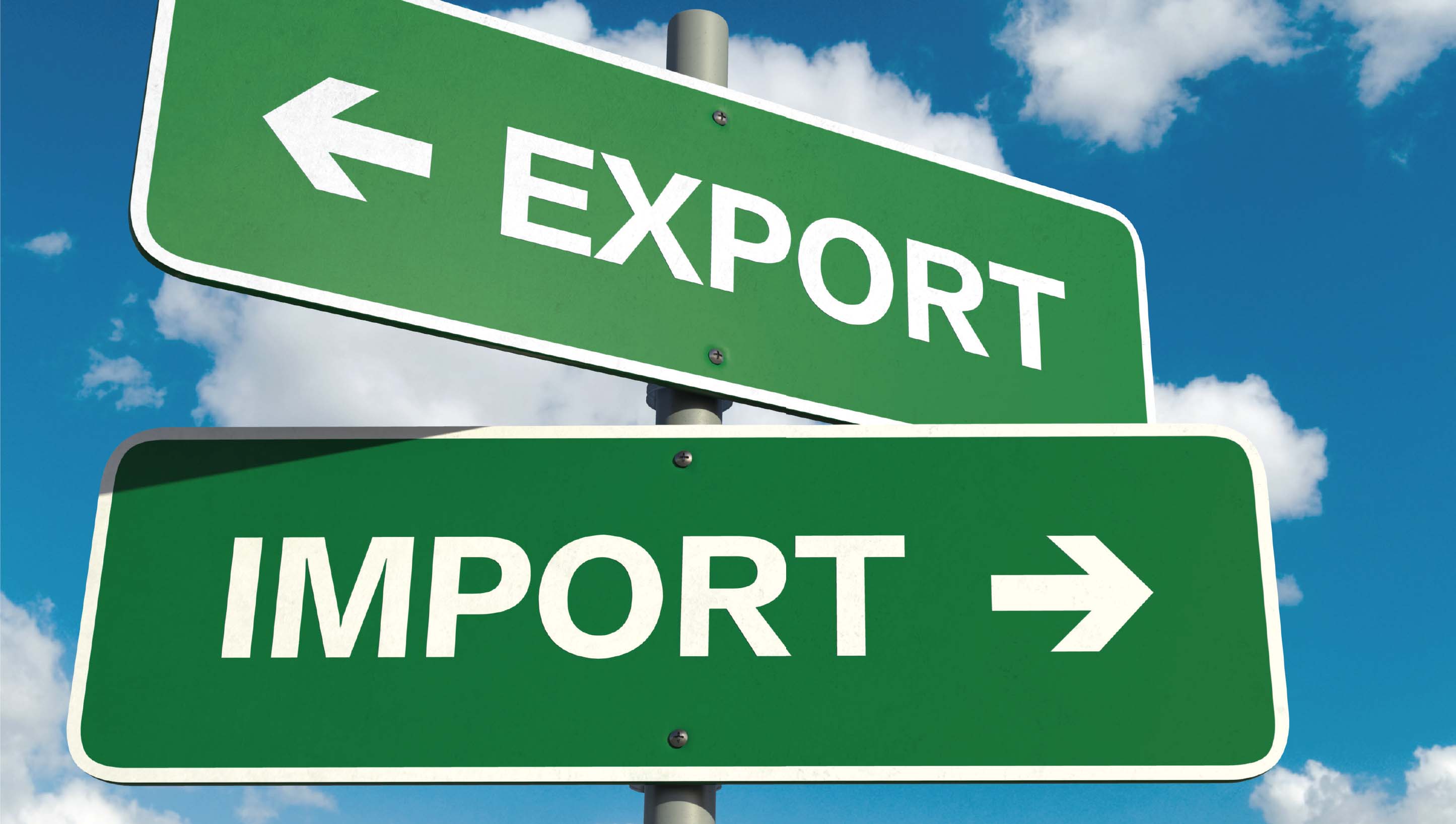
Whilst some businesses have been adapting and preparing for the past few years, others have failed to understand the potential impact of the changes to their business and have done very little to nothing or ‘placed their head in the sand’ and ignored the issue. Others have been waiting to see what the outcome of the negotiations before implementing any actions but are they leaving it too late?
It is very easy to understand why these businesses have made these decisions – the British Chambers of Commerce recently presented the UK government with 26 unanswered questions that businesses urgently need the answers to help them prepare for the future trading relationship with the EU. Some of these questions and their answers potentially will have a massive impact on businesses and how they trade, manufacturer and sell.
But the one of the biggest areas for concern that I have come across, is a misconception that most businesses have in that they believe that they will not be impacted by the changes at all – they do not import or export, they do not trade with the EU and everything their businesses uses on a day to day basis is sourced/bought in the UK.
But for many businesses, they are part of a massive supply chain which can be widespread, expanding across multiple countries and be very complex, which can involve multiple businesses in the production and selling of a finished product.
It is therefore important that all businesses, regardless if they import or export directly themselves, or buy from a UK supplier, should be reviewing their supply chain. Where does your product/component come from? What is the origin of manufacture? Will the supplier/manufacturer be able to supply going forward and if so, what will the impact to costs/timescales be?
This will make identifying potential delays and supply issues easier but it will also help with other key areas that need to be known such as rules of origin, (which may or may not change depending on the negotiations), commodity codes and import/export tariffs and duties.
Recently, we have received an increasing number of calls and e-mails from businesses looking to understand the future customs requirements between the UK and EU and the implementation of customs declarations. This is nothing new – businesses already must make import and export declarations for shipments to and from the rest of the world. Where the problem lies is the volume and capacity. It is projected that the UK customs declarations will increase from 55 million per year (ROW trade only) to 225 million per year (EU + ROW) which is going to put a massive burden on the system. It has been reported that freight forwarders and logistic businesses are turning away new clients and withdrawing customs declarations services from their ‘smaller’ clients to control the capacity that they have. Therefore, it is important to contact your freight forwarder or fastparcel logistics partner to understand their situation and what they will be able to help you with.
“But it’s fine”, I hear you say, “all my shipments from my business are exworks so I do not have to worry about import and export declarations”. WRONG – I am sorry to say. Yes, you can still use ex-works, but unless your customer has a representative/agent in the UK who can make customs declarations on their behalf, the shipment will not be allowed to proceed to port and will not be allowed to leave the UK. Similar on the EU side, for goods destined for the UK under exworks, goods will not be allowed to move with the required declarations.
So how do you overcome this? Well firstly, look at the Incoterm® Rules 2020 and find the rule that works best for your business. For those that use ex-works, look to use FCA (Free Carrier) as you will still be able to name your premises as point of collection however, you will be responsible for making the export customs declaration in the UK, allowing the buyer’s transport to collect and take the goods to the port of departure. This leaves the buyer responsible for the shipment, import customs declaration and the import duties and taxes.
Secondly, all businesses that export their goods must be able to prove export, which unless you have a robust process in place, is usually missing or not sufficient under ex-works, meaning that the business is at risk of possible HMRC penalties or action. Under the FCA incoterm® Rule, you make the customs declaration, therefore creating your own ‘proof of export’.
Thirdly, there is a £50million government grant scheme for businesses to take advantage of to be able to train their staff and to upgrade their IT to be able to make their own customs declarations. The International Trade team at Surrey Chambers of Commerce can help businesses by directing them to the correct sources of advice and guidance and to help with the understanding.
We can provide the training courses to train your staff on customs declarations plus other international trade areas such as Incoterm® Rules, Methods of Payments, Import and Export customs procedures.
With less than 100 days, there is very little time to waste to make sure that your people have the right knowledge, that your business has minimised the impact and can continue to trade, and that whatever trading arrangement we face, your business is ready to go on January 1st 2021.





